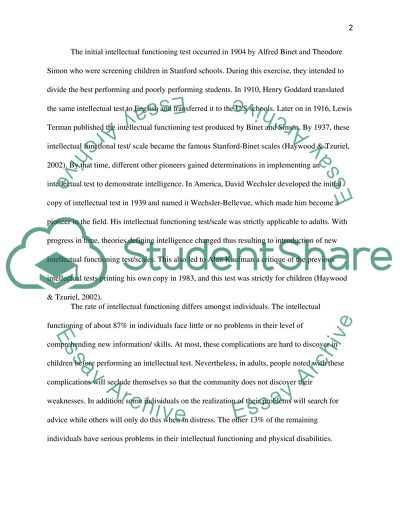Cite this document
(“History of Intellectual Assessment Paper Essay Example | Topics and Well Written Essays - 1000 words”, n.d.)
Retrieved from https://studentshare.org/psychology/1446011-history-of-intellectual-assessment-paper
Retrieved from https://studentshare.org/psychology/1446011-history-of-intellectual-assessment-paper
(History of Intellectual Assessment Paper Essay Example | Topics and Well Written Essays - 1000 Words)
https://studentshare.org/psychology/1446011-history-of-intellectual-assessment-paper.
https://studentshare.org/psychology/1446011-history-of-intellectual-assessment-paper.
“History of Intellectual Assessment Paper Essay Example | Topics and Well Written Essays - 1000 Words”, n.d. https://studentshare.org/psychology/1446011-history-of-intellectual-assessment-paper.


